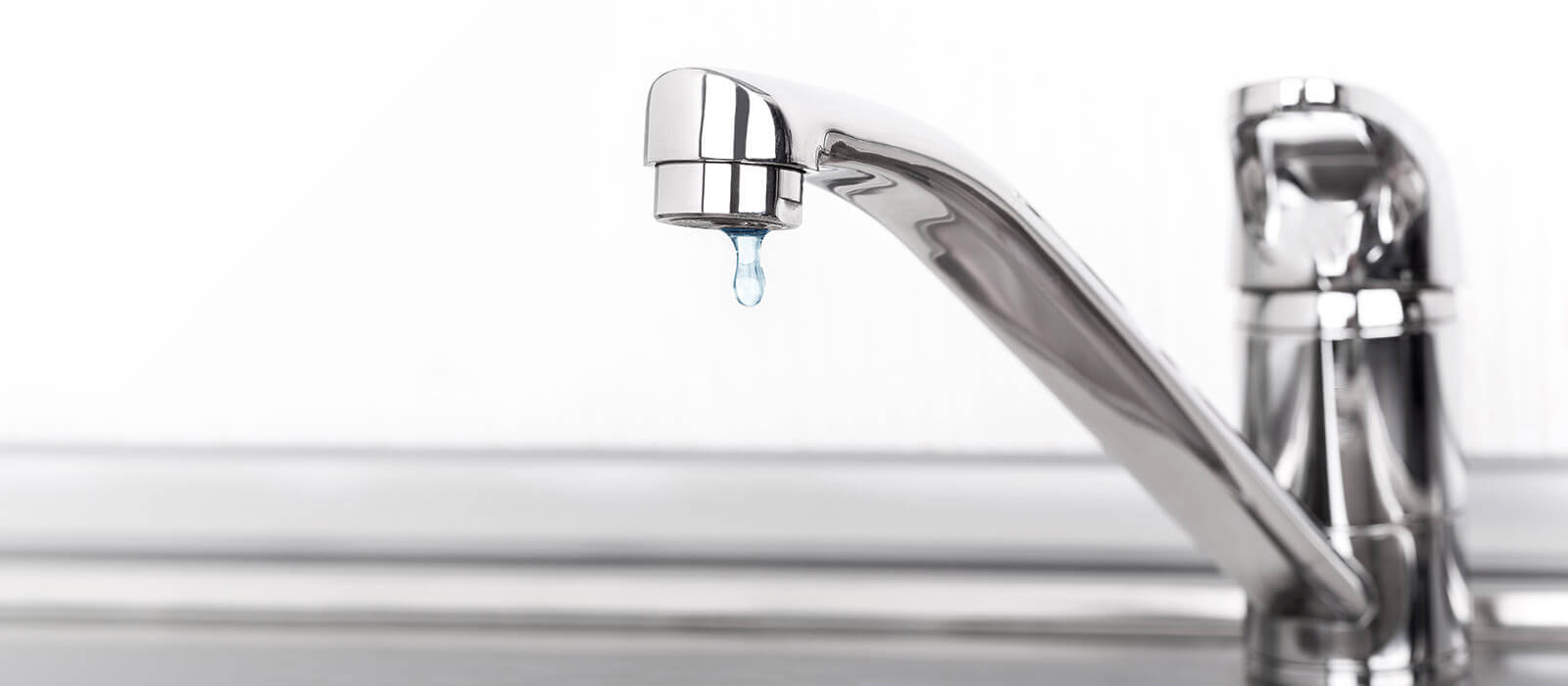Think you might have a leak inside your home? Below are some tips to check for and locate leaks around the house.
Check for Leaks
STEP 1: Start by turning off all the water inside and outside your home including sinks, showers, laundry machines, and dishwashers.
STEP 2: Locate your water meter, which is usually at the curb of your home.
STEP 3: If the flow indicator (typically a triangle or star) is turning, you have a leak.
Locate Your Leaks
Once you’ve determined you have a leak, you’ll need to locate it. Leaks can occur in pipes, faucets, water softeners, water heaters, and water filtration units, but the most common source of indoor leaks is the toilet.
Toilet leaks: Some of the most obvious signs of a toilet leak are the sound of running water or wet spots around the base of your toilet. But, they can be less obvious too—to find out, drop a dye tablet or food coloring in your toilet tank. Don’t flush for at least 15 minutes. If colored water appears in the bowl, that’s a sign that your toilet is leaking.
Faucet drips: Are your sink, shower, or bathtub faucets leaking? Tighten the handle firmly and then watch for any drips or water collecting in the sink.
Ceiling discoloration: If you notice any discoloration spreading across the ceiling, it could be an indication of a leak in your pipes.
Humid rooms: Are any rooms in your home unusually or unseasonably warm? That could also be an indication that there’s a leak in your pipes.
Did You Know
- Replacing an old 3½- to 8-gallon-per-flush toilet with a new 1.28-gallon-per-flush (or less) high-efficiency model could save thousands of gallons per year.
- Even a slow drip from a faucet could waste as much as 200 gallons of water per month.
- You can request dye tablets to detect hidden toilet leaks as part of the FREE conservation kit.

Cal Water Can Help
Cal Water is pleased to offer our single-family residential customers conservation kits featuring a range of water-saving plumbing retrofit fixtures. These kits are available at no charge to help make conserving water that much easier.
Get Your Free Conservation Kit
